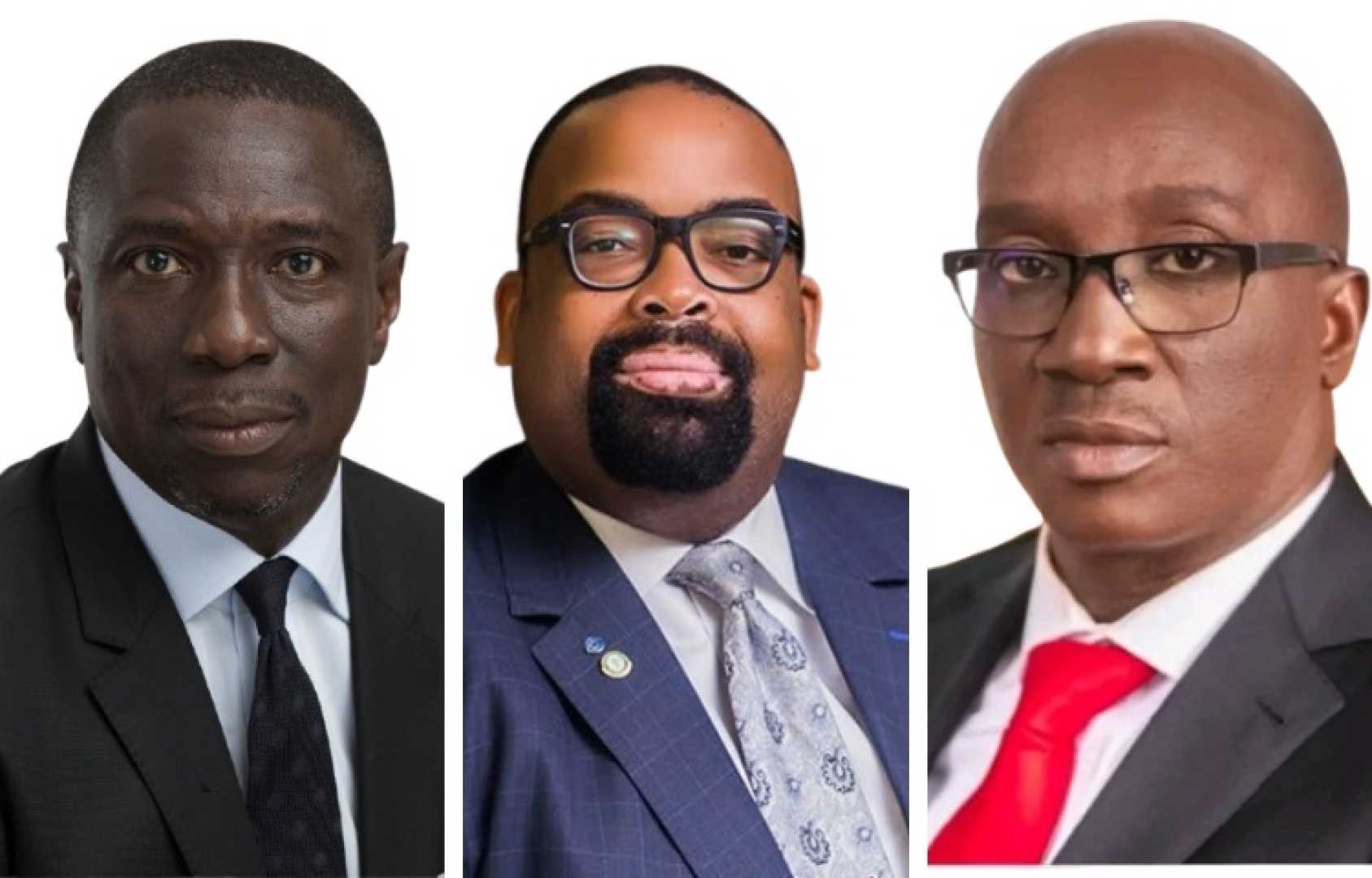News
Key Trends in the Upcoming Edo State Governorship Election

The stage is set for the governorship election in Edo State, scheduled for Saturday, as political campaigns concluded on Thursday according to the timetable issued by the Independent National Electoral Commission (INEC). In preparation, the Edo State Government has declared Friday, September 20, a work-free day to enable workers and other potential voters to travel to their designated polling areas.
Six critical trends are expected to influence the outcome of this highly anticipated election featuring leading candidates Asue Ighodalo of the People's Democratic Party (PDP), Senator Monday Okpebholo of the All Progressives Congress (APC), and the Labour Party’s Olumide Akpata.
One prominent factor is the “Olumide Akpata factor.” The pivotal question is whether Akpata will syphon votes away from PDP or APC, possibly sneaking in as a result of this shift. This is being closely monitored as it could redefine the election’s outcome.
The second trend involves the influence of Peter Obi, a key figure in the Labour Party. By associating with Akpata, any success for Obi in this governorship election could potentially bolster his standing and challenge President Bola Tinubu in future elections. Tinubu, recognizing this possibility, has reportedly joined forces to ensure APC’s victory.
The third trend concerns the slogan “Edo no be Lagos,” previously hailed during Governor Godwin Obaseki‘s re-election. However, this may backfire as Tinubu’s influence introduces federal incumbency, potentially steering the race towards APC’s Okpebholo.
The fourth significant factor is the influence of the Oba of Benin, Omo N’Oba N’Edo Uku Akpolokpolo, Ewuare II. The monarch’s stature in local politics could sway voters, especially if directed by the traditional town criers.
The fifth trend examines the power of incumbency held by the current gubernatorial administration. Governor Obaseki’s track record could be a decisive element, yet federal influences, coupled with possible partisanship from INEC and security forces, pose challenges.
The final trend scrutinizes the impartiality of critical institutions within the electoral process. Concerns have been raised regarding potential biases by INEC, police, and the army. This election will serve as a telling litmus test for their commitment to neutrality.
In a related statement by the Secretary to the Edo State Government, Joseph Eboigbe, assurances were given regarding security arrangements to ensure a credible election. Meanwhile, former President Goodluck Jonathan has called for peace and fair play among involved agencies.
As 2,249,780 out of 2,629,025 registered voters have collected their Permanent Voter’s Cards, the electorate gears up for decision day in Edo, which also sees the involvement of international election observers monitoring the situation closely.












